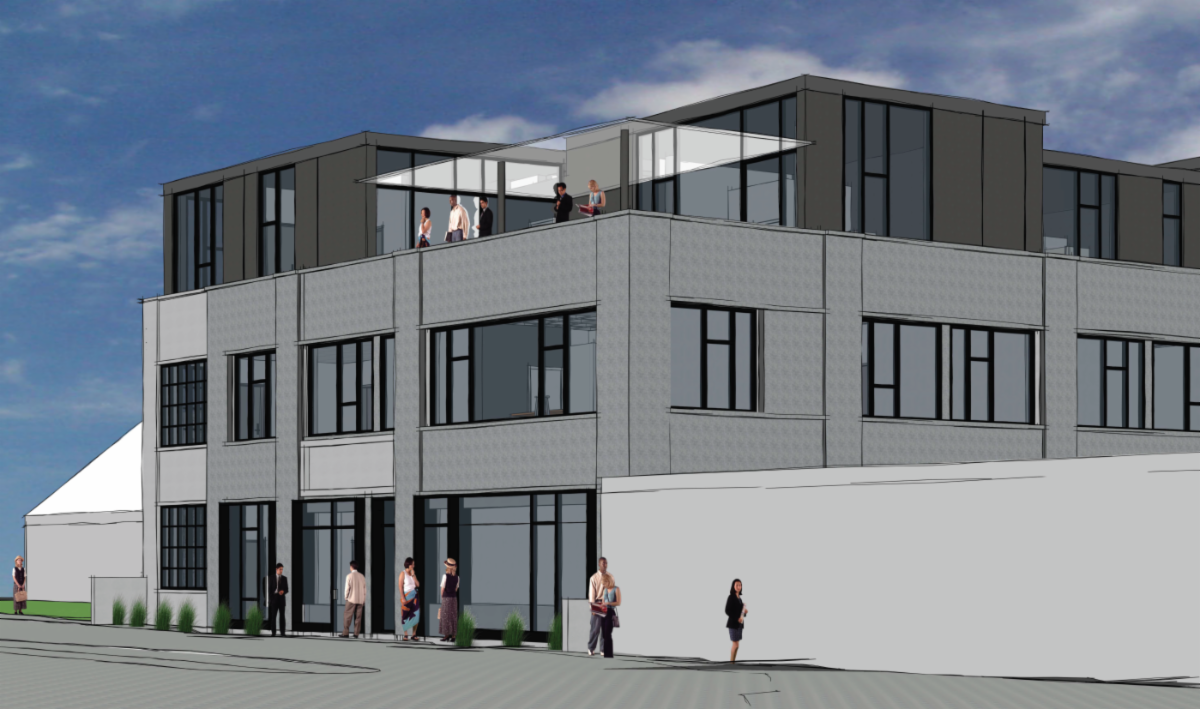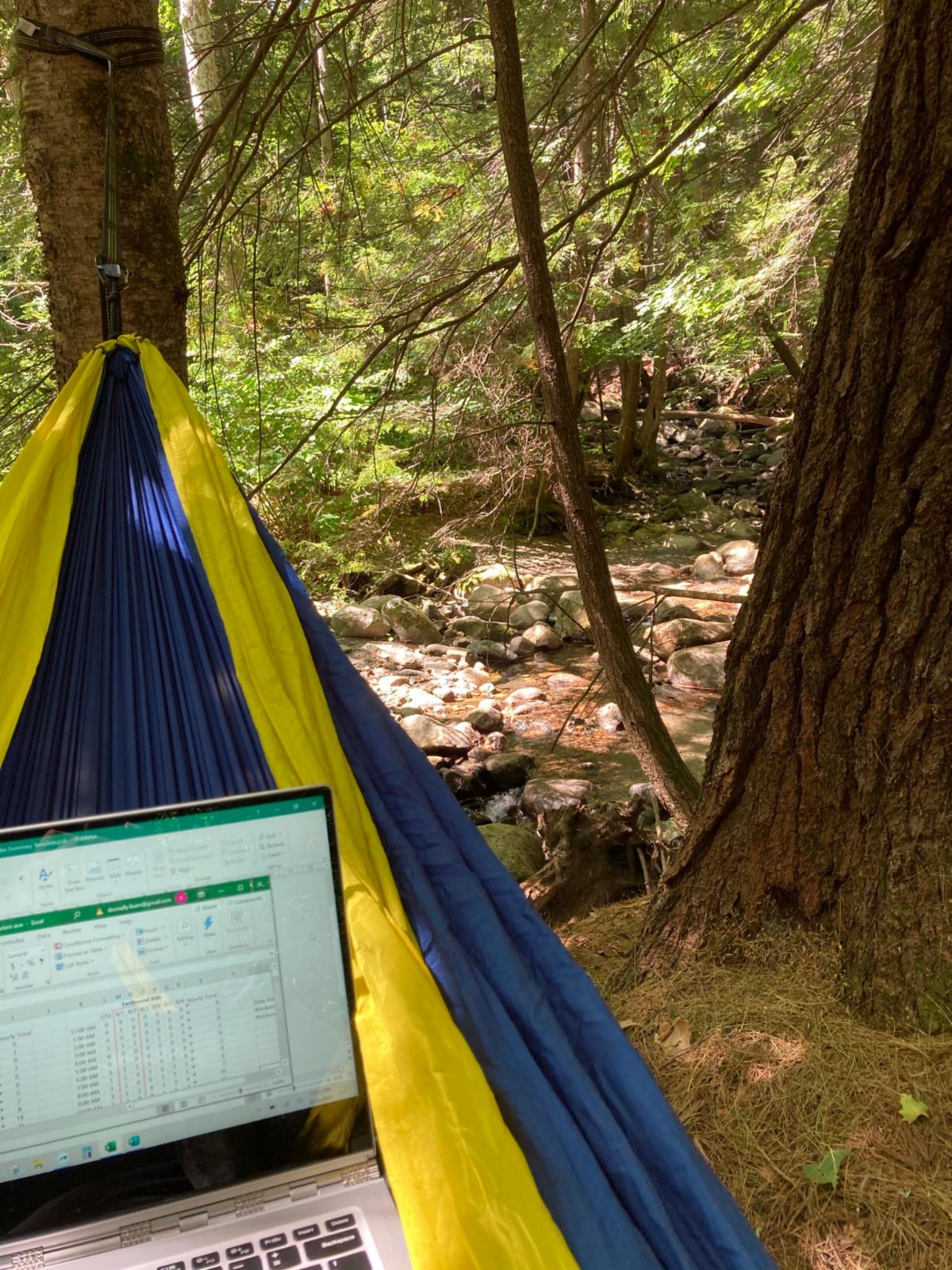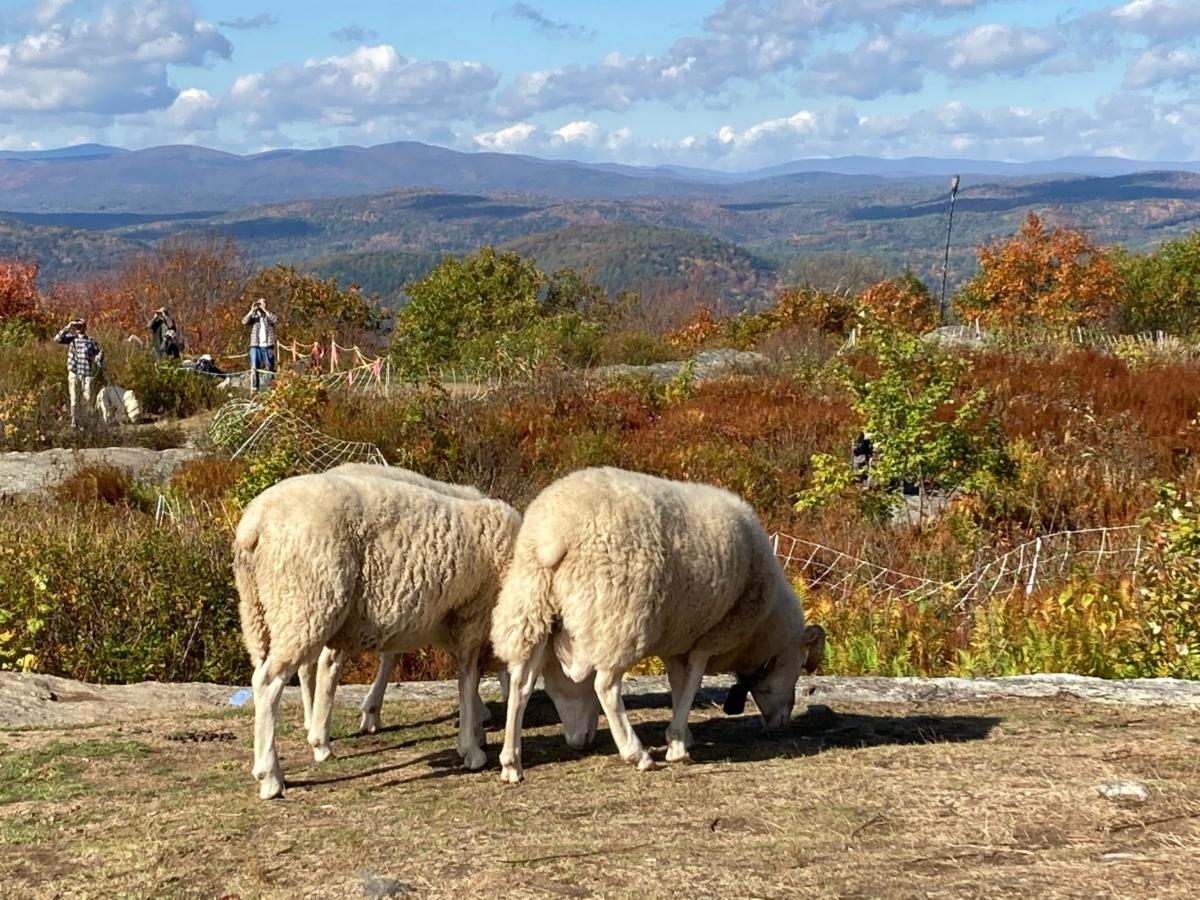January 7, 6:00 pm:
January 11, 4:00 pm:
**All Committee meetings take place virtual via Zoom.
**All meetings are subject to change, please check the website for updates.
|
UPCOMING GRANT OPPORTUNITIES
New England Grass Roots Environmental Fund
DEADLINE: Rolling USDA Rural Development Communities with populations of 20,000 or less DEADLINE: Ongoing (contact USDA office) Communities with populations of 10,000 or less DEADLINE: Ongoing (contact USDA office) Vermont Agency of Commerce and Community Development DEADLINE: Rolling DEADLINE: Rolling Vermont Natural Resources Council DEADLINE: Rolling DEADLINE: Rolling Windham Regional Commission DEADLINE: Rolling DEADLINE: Rolling For additional information about grant possibilities for your projects please contact Susan Westa.
|
|
Most Recent Executive Orders from the Governor
The COVID-19 pandemic is a constantly changing situation with new policies and regulations being implemented daily.
Click here for the most recent Governor's Executive Order.
|
|
Button-Up Vermont
Free Home Energy Consultations Available
The WRC had a chance to participate in the Vermont Energy Efficiency Button Up campaign. WRC hosted a weatherization webinar and provided support, as needed, to Town Energy Committees that participated as hosts in their communities. As the campaign Button-Up Vermont is drawing to a close, there is still a chance for homeowners to sign-up for and receive a free virtual home energy consultation. Sign-ups for this program are being accepted through the end of December.
If you've thought about making your home more efficient, but don't know where to start, now's the time! You can get a no-cost over the phone or virtual energy consultation from an expert at Efficiency Vermont. They'll show you the most cost-effective ways you can save money, save energy, and improve the comfort of your home. Learn more about your options here. |
|
Continuity of Operations Plans & Mutual Aid Agreements between Municipalities
To facilitate emergency planning in response to the COVID-19 pandemic, please find the following links to plans and a sample agreement as a way to record and formalize agreements for sharing specific resources or services with another municipality. These are written to accommodate a wide range of situations, so users are urged to customize it carefully and appropriately. Please contact WRC for assistance.
Continuity of Operations Plans Template |
|
Winter Wonderland in VT
Wishing you all a happy and healthy holiday season!
|
Executive Director
Office Manager
Transportation Planning Tech
Senior Planner
Senior Planner
|
|
 |
|
Wrapping up the Local Government Expense Reimbursement Grant
The Local Government Expense Reimbursement Grant (LGER) program, a Coronavirus Relief Fund offering administered by the Vermont Department of Taxes, was concluded in December 2020. There were 15 municipalities and an additional 4 local government organizations that applied for and received awards for Covid-19 related expenditures. The LGER reimbursements brought more than a million dollars back to our region's local governments. Windham Regional Commission was pleased to be able to provide assistance throughout the grant process.
|
Brownfields Program Update
The Brownfields Committee met in December and welcomed three new members - Tim Arsenault (Vernon), Laura Sibilia (Dover) and Bonnie North (Rockingham). These new members provide a wider regional representation on the Committee. The Committee will now meet bi-monthly to make it easier for members to participate on a regular basis, but this also prompts a change in the application process. New applications will now be due by the Monday of the week before the meeting. Details about the new process will be posted on the Brownfields Program and Committee webpages on WRC's website. We will also share the new process with all current and past applicants and environmental consultants.
At its December meeting, the Brownfields Committee accepted a new assessment project and decided how to distribute the remaining program assessment funds. We had more requests for funds than funds available. WRC will apply for a new EPA assessment grant when the next round opens, probably next fall.
The Committee also accepted a Letter of Interest from the Town of Rockingham to develop a Brownfields Area-wide Plan for the Bellows Falls Island Area. This plan will help the community identify the highest and best uses for properties in the study area based on a market analysis; identify issues related to brownfields contamination; and redevelopment plans for specific parcels. Rockingham's Economic Development Director, Gary Fox, will be the local project lead. WRC will use assessment funds to hire one of our prequalified environmental consultants to guide the community through the planning process and develop an implementable plan.
 The WRC Executive Board also approved a grant for Windham & Windsor Housing Trust in December for the Garage Project in Bellows Falls. The approved cleanup funds are a small but important piece of the funding needed to completely renovate this structure, which was originally built as a garage and also housed a dry cleaners and a dyers. The first three floors of the building will be renovated into apartments and a new fourth floor will be added. The apartments will be affordable to residents of various income levels. While the structure fronts on Rockingham Street in downtown Bellows Falls, it also has incredible views of the Connecticut River and beyond. Above is an architectural drawing of the revitalized Garage that will include a commercial space on the Rockingham Street level, as well as parking in basement.
|
NEW Looking Forward Webinar Series
The Windham Regional Commission hosted it first, Looking Forward Webinar in October, 2020. This webinar, Community Development Models: An Overview, was presented by Tripp Muldrow a principal in the firm Arnett Muldrow & Associates of Greenville, South Carolina. Tripp has worked with communities across the country and many in Vermont. In conjunction with the VT Agency of Commerce and Community Development, Tripp authored The Design Toolkit for VT's Designated Downtowns and Village Centers.
Tripp opened the WRC webinar by calling for communities to pivot from crisis mode to recovery. He said that we've gotten very good at dealing with crises and this can be a difficult transition but it is critical and is the theme of WRC's new webinar series. Tripp presented an array of community development strategies and models that communities can use as they look to the future. These include:
- VT Downtown and Village designations/National Main Street Center model
- Design, Promotion, Economic Vitality and Organization
- Economic Development Corporations, such as the Brattleboro Development Credit Corporation
- Importance of public/private partnerships
- Informal Community Development Groups
- Local Investment Groups
- Example - Mississippi group that got together to revitalize buildings & fill them with local businesses
- Strategic Partnerships/Alliances of Local Organizations
- Orton Family Foundation, Community Heart and Soul Program
- Focus on - the long game, what matters most, and involve everyone
The webinar offered plenty of time for questions and discussion with Windham Region community members. We plan to build on this webinar model in the new year and have developed a preliminary list of topics which include:
- Financing Options for Revitalizing Historic Structures
- Economic Value of Outdoor Recreation
- Parks for Everyone
- Conservation Subdivisions
- Planning for Decentralized Community Wastewater Systems
- Redevelopment in Villages Located in Floodplains
- VT Climate Assessment
The above list is just a start and we're now looking for your input. Please let us know if you have comments on the above topics and/or if you have other suggestions. If so, reach out to Sue Westa.
|
In the Field with Lisa!
 Working remotely is easy when your office is outdoors! Most of my 2020 field season was spent collecting road erosion inventory data, conducting traffic counts, inspecting Grants In Aid sites, and setting up pedestrian counters in on hiking trails. Because some of this work required several days of long commutes from Brattleboro, I had the unique opportunity to combine my love of the outdoors with my work by setting up camp at some of Vermont's State Parks. For example, camping at Jamaica State Park while working on the road erosion inventory in Winhall shortened my commute from 45 minutes to 10. As a bonus, I got to end my day relaxing by a campfire!
 Since my work takes me to towns all over our region, I get to see a lot interesting things in beautiful places. One of my favorite moments this year happened on a beautiful day at the height of foliage season. I was setting up pedestrian counters on Putney Mountain, where I ran into a pair of sheep and a hawk watch group at the summit!
Now that the colder weather is sending us all back indoors, it's time to process all of that data we collected all season. Field season may technically be over, but I will be back out on the trails with our counters for Winter counts soon enough!
|
|
Local Hazard Mitigation Plan (LHMP) Updates
Local Hazard Mitigation Plan (LHMP) updates are needed in several towns in the region. If you are contacted by Vermont Emergency Management (VEM) about applying for FEMA funding to do an update, please don't ignore that email. Funding for Plan updates is under a new structure, whereby towns apply through VEM to FEMA for funding and then put out Requests for Proposals for the update. Regional commissions and/or other planning consultants may bid on the work, and the update process will begin. Questions about the funding application piece should be directed to Stephanie Smith at VEM. An expired LHMP will lead to a drop to 7.5% in your town's Emergency Relief Assistance Fund (ERAF) match until an updated Plan is approved by FEMA. LHMPs, or Mitigation Plans, examine the ways that natural hazards affect a town and identify mitigation actions that the town can take to lessen their vulnerability.
Contact Alyssa Sabetto if you are wondering about your town's LHMP status. |
The events of 2020 have caused me to think a lot about community, and more specifically the interrelatedness, fragility and resilience of the systems and things that make, and can unmake, a community. This leads to consideration of what a community is and what community means. I frame a lot of my thinking about community around the works of author, farmer, and academic Wendell Berry, the works of whom I began reading in the early 1990's when I was commuting back and forth to the U.S. Environmental Protection Agency in Washington, D.C. I was a recent graduate and a new public servant at the time with an established interest in environmental issues, sustainable development, and the health and survival of communities. What struck me about Berry's writing was how he tied place and community together. In 1968 he wrote, "A community is the mental and spiritual condition of knowing that the place is shared, and that the people who share the place define and limit the possibilities of each other's lives. It is the knowledge that people have of each other, their concern for each other, their trust in each other, the freedom with which they come and go among themselves." This definition still rings true to me, but the events of this year have underscored that community is not something to be assumed. It takes work to hold it together, and care and concern.
Berry's assertion that a community is a condition of knowing that a place is shared and that the people who share a place define and limit the possibilities of each other's lives has never seemed as consequential as it has in 2020. From the scale of the global community to individual households, we've all had to consider how the manner in which we share a place might spread a virus, resulting in the serious illness or death of ourselves, those we love, neighbors, and strangers. Those same decisions determine the stress placed upon our healthcare system, and the people who provide healthcare. The pandemic and pandemic response have had a direct impact on housing and hunger, jobs and income, businesses and business owners. Even our individual shopping behaviors have prompted us to think through how much toilet paper and flour we really need so others don't go without.
Beyond the pandemic, we saw the climate that we share and the greenhouse gases we collectively contribute to global warming and climate change exacerbate the massive wildland fires in the west that took lives, homes, businesses and forests. It fueled storm after storm during this historic hurricane season, some of which battered the same areas and people again and again. We saw explicit video evidence of how our government and cultural institutions treat fellow human beings differently based solely upon the color of their skin. The killing of George Floyd, Breonna Taylor, Ahmaud Arbery, Rayshard Brooks, Tony McDade, to name only a few on a still growing list, spurred a renewed and broader-based reckoning with the systemic racism that limits the lives and lifespans of people of color - and also a backlash against that reckoning.
I have no doubt that most everyone will be relieved to see 2020 come to an end, yet the problems of this extraordinary year will carry into the next. The last several months have given us many examples of how we, as a society, acted like a community. We recognized that we're in this together. We acted with the understanding that each of us has an influence on the possibilities of the lives of the people with whom we share this place, and we responded with care and concern. We also have examples of the opposite. My hope is that 2021 will be a year of community strengthening and, where it has broken, of community rebuilding.
|
|
|